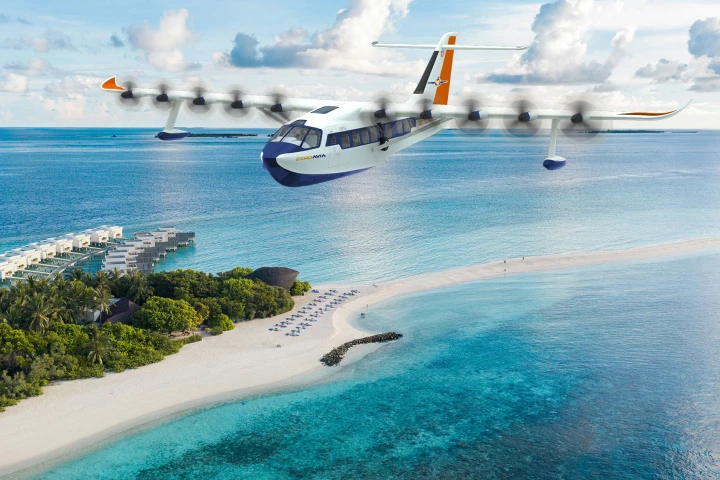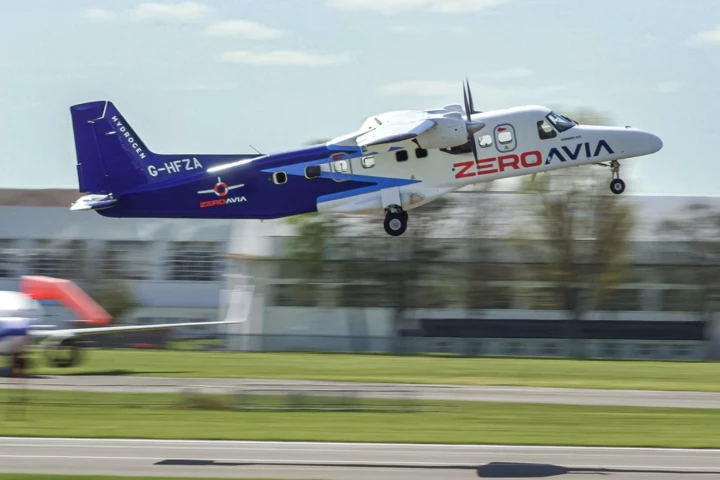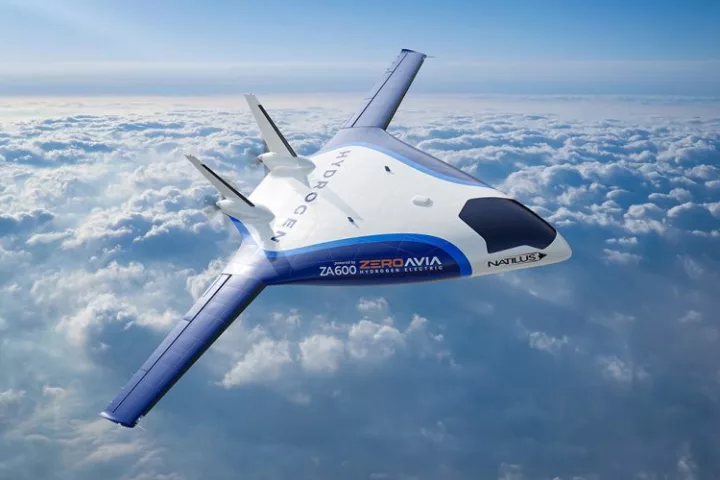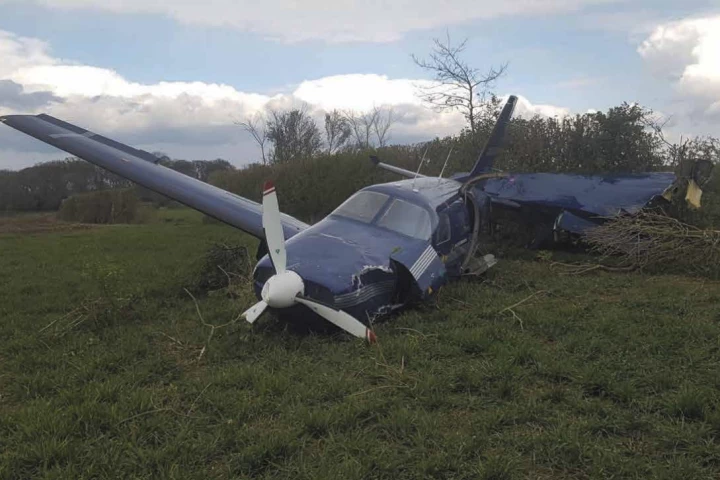ZeroAvia
California-based company with offices in the UK, focused on creating zero-emissions hydrogen fuel cell powertrains for next-generation electric aircraft. ZeroAvia aims to have hydrogen-powered small commercial flights in operation by 2023, larger planes by 2025, and full-range clean tech airliners in operation within 10-15 years.
-
Swiss clean-energy aviation startup JEKTA has announced a partnership with fuel-cell powertrain developer ZeroAvia to extend the flight range and payload capacity of an upcoming electric amphibious passenger aircraft called the PHA-ZE 100.
-
ZeroAvia is working with San Francisco startup Verne to bring an even more energy-dense form of hydrogen to the clean aviation space. Cryo-compressed H2 could reduce costs, speed up fueling, and unlock 40% more flight range than cryogenic liquid H2.
-
The blended-wing Natilus Kona aircraft, which is now flying in quarter-scale testing in California, is set to have a zero-emissions variant thanks to a partnership with Zeroavia, which will provide a 600 kW hydrogen-electric powertrain option.
-
ZeroAvia's 19-seat Dornier 228 has taken its first test flight in the UK. It's a testbed for the company's clean aviation technology, using a zero-emissions hydrogen-electric powertrain that's slated for certification and commercial flights by 2025.
-
Last April, a hydrogen-powered ZeroAvia test plane lost power and crashed during flight tests. The UK's Air Accidents Investigation Branch has now completed its investigation into the incident, and confirmed that the hydrogen system was not to blame.
-
The Celera 500L is a truly remarkable design. Otto Aviation says its odd shape delivers an astonishing 59% reduction in drag, so it can cruise as fast as a small jet while using 80% less fuel. Now, Otto and ZeroAvia are giving it a clean powertrain.
-
De Havilland Canada has partnered with ZeroAvia to develop a zero-emissions hydrogen fuel cell powertrain for its Dash 8-400 airliner, which can either be retrofit to existing planes or supplied as a factory option on new aircraft orders.
-
Hydrogen aviation pioneer ZeroAvia has announced its biggest zero-emissions H2 aircraft yet: a 76-seat airliner it's building with Alaska Airlines and hoping to fly in 2023 – as well as its commercial H2 flight between London and Rotterdam in 2024.
-
Despite an abrupt and unscheduled ending to its six-seater test program, hydrogen aviation pioneer ZeroAvia is ramping up development of the largest fuel cell-powered aircraft to date – a pair of 19-seaters – and is preparing for something much bigger.
-
ZeroAvia says it completed the world's first hydrogen-fuel-cell powered flight of a commercial-grade aircraft when a modified Piper M-class six-seater plane took off from its facility in England, and completed a full-pattern circuit before landing.
-
ZeroAvia says it has successfully completed the first-ever flight of a commercial-scale electric-powered aircraft in the UK. On June 22, the company's HyFlyer aircraft with a hydrogen fuel cell powertrain took off from Cranfield Airport, Bedfordshire.
-
ZeroAvia is creating zero-emissions hydrogen-fuel-cell powertrains for electric mid-range aircraft that could run up to 50% cheaper than today's jet-fuel planes. CEO Val Miftakhov says he'll have a solution for long-range international flights, too.











